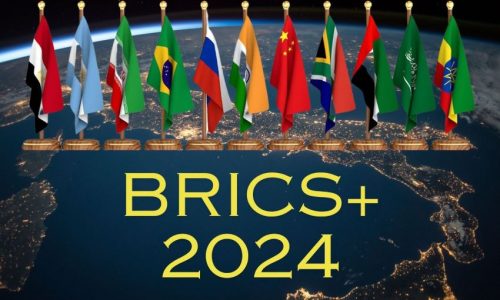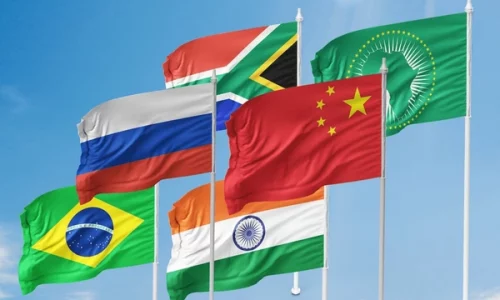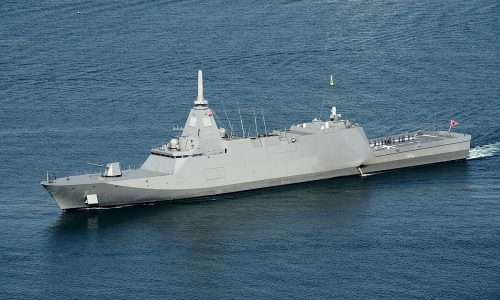Deputy Minister of Environment Diaz Hendropriyono, along with various organizations and countries of the world, attended the Intergovernmental Negotiating Committee (INC-3) in Busan, South Korea to discuss the Global Plastic Treaty from November 25, 2024 until December 1, 2024.
The conference is attended by 175 countries representing delegates. In its discussion, INC plans to produce an internationally legally binding instrument related to plastic management from upstream to downstream waste management.
The Indonesian delegation consists of representatives of ministries and academics such as representatives of the Ministry of Environment, the Coordinating Ministry for Food Affairs, the Ministry of Foreign Affairs, the Ministry of Marine Affairs and Fisheries, and the Ministry of Industry.
Diaz led the Indonesian delegation in the Plenary Session of the Fifth Session of the Intergovernmental Negotiating Committee to Develop an International Legally Binding Instrument on Plastic Pollution, including in the Marine Environment (INC-5). The session has significant value because it is a plastic treaty agreement in the same class as the 2015 Paris Agreement for climate change.
Meanwhile, in the conference several countries producing oil and gas as raw materials for the plastic industry deliberately delayed and postponed the agreement.
“Indonesia believes that we must start negotiations, we must maximize the time we have now to reach a good agreement in Busan,” Diaz said, on Thursday, November 28, 2024.
If an agreement is not reached, the United Nations Environment Program is expected to create a new mandate to renegotiate next year.
Tiza Mafira, Executive Director of Dietplastik Indonesia, said that this agreement needs to provide a firm solution to the problem that single-use plastic is the one that causes the most waste and is not recycled.
A plastic study by Dietplastik Indonesia said that the reuse solution to replace sachets has the potential to contribute a net economic value of up to Rp1.5 trillion (US$95 million) by 2030.
“Of course, in order to achieve this, the reuse system needs to have adequate standards and infrastructure, with the support of government policies,” Tiza said.
She expressed hope that the agreement will include the obligation of each country to have a reuse target and emphasize the priority of policies and funding for waste prevention.
“The solution must be from upstream, not directly to downstream management,” she concluded.








